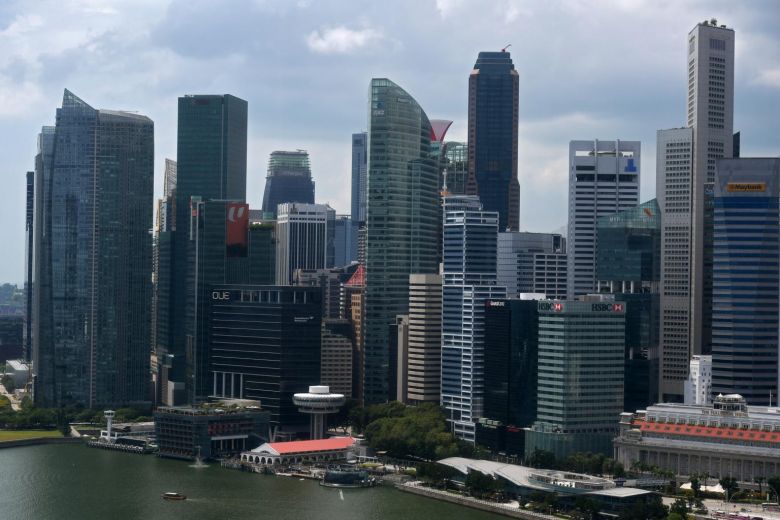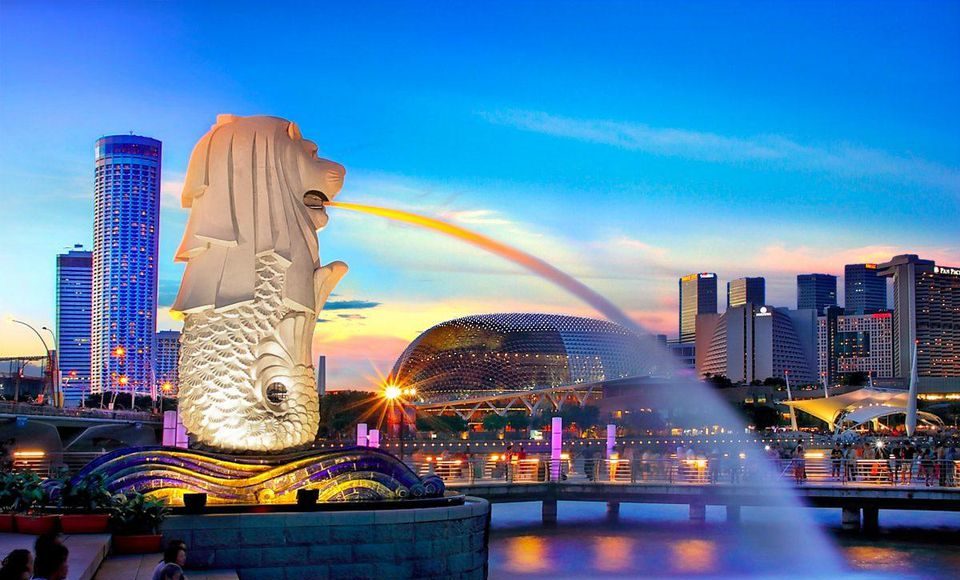Singapore’s GDP growth is expected to register 1.4% in 2020 while inflation should remain manageable at 1.1% next year, a recent DBS outlook report has revealed.
It says the Singapore economy struggled in 2019 amid the trade war and a down-cycle in electronics. The economy would have dipped into a technical recession in 2Q/3Q if not for the marginal lift from the services sector, and some respite in the manufacturing contraction.
 On the surface, the manufacturing sector appears to remain in the doldrums. But electronics indicators such as the growth in semiconductor equipment billings is improving, while semiconductor shipments are rising steadily, from about USD 32bn per month in April, to USD 34bn in August. These suggest a turnaround in this key industry and reaffirm our view of a bottoming out in the overall manufacturing sector.
On the surface, the manufacturing sector appears to remain in the doldrums. But electronics indicators such as the growth in semiconductor equipment billings is improving, while semiconductor shipments are rising steadily, from about USD 32bn per month in April, to USD 34bn in August. These suggest a turnaround in this key industry and reaffirm our view of a bottoming out in the overall manufacturing sector.
Therefore, the report says that the manufacturing sector could be turning around, but the outlook will remain challenging in the coming months, pending a more pronounced improvement in global economic conditions.
Compared to the manufacturing sector, the service sector remains more resilient.
In general, the services sector has managed to pick up the slack despite the declines in the other key sectors in 3Q19. In fact, the services sector is the main reason for the economy averting the fate of a technical recession. This sector accounts for about two-thirds of the economy and a turnaround in this cluster is instrumental in lifting the overall economic performance, the report shows.
High frequency data is showing similar signs of bottoming out in the services sector. Re-exports growth has turned positive after three consecutive months of decline, pointing to a turnaround in global trade flows and potentially better prospects for trade related services. Container throughput growth is also improving, suggesting the improved trade activity. Loan growth apparently has also bottomed, and now creeping higher on the back of stronger business loan growth, the report says.
Meanwhile, the island country’s inflation is expected to remain benign.
The report reveals that while inflationary pressure has remained benign in 2019, it probably has bottomed. Base effect from the OEM will fade in the coming months. As growth momentum starts to pick up, the output gap could potentially turn positive by 2H20. Barring any significant inflation shock in the external environment, or new policy changes that could impact price level, we expect inflation to rise gradually heading in 2020.Overall headline inflation is projected to average 1.1% next year, up from 0.6% in 2019. Core inflation will likely register 1.1% in 2019and 1.2% in 2020.





































